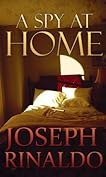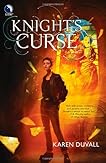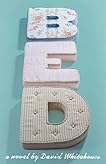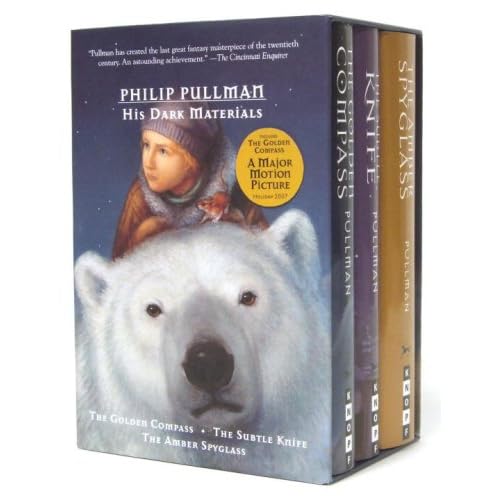 "The sweetness of her glance - or rather, my evil star already in its ascendant and drawing me to my ruin - did not allow me to hesitate for a moment..." So begins the story of Manon Lescaut, a tale of passion and betrayal, of delinquency and misalliance, which moves from early eighteenth-century Paris - with its theatres, assemblies, and gaming-houses - via prison and deportation to a tragic denouement in the treeless wastes of Louisiana. It is one of the great love stories, and also one of the most enigmatic: how reliable a witness is Des Grieux, Manon's lover, whose tale he narrates? Is Manon a thief and a whore, the image of love itself, or a thoroughly modern woman?
"The sweetness of her glance - or rather, my evil star already in its ascendant and drawing me to my ruin - did not allow me to hesitate for a moment..." So begins the story of Manon Lescaut, a tale of passion and betrayal, of delinquency and misalliance, which moves from early eighteenth-century Paris - with its theatres, assemblies, and gaming-houses - via prison and deportation to a tragic denouement in the treeless wastes of Louisiana. It is one of the great love stories, and also one of the most enigmatic: how reliable a witness is Des Grieux, Manon's lover, whose tale he narrates? Is Manon a thief and a whore, the image of love itself, or a thoroughly modern woman? Remembering how intense my last Coursera experience was, what with needing to read a novel a week and do plenty of other related work I decided to give myself a head start on the Fiction of Relationships curriculum. Manon Lescaut will be the first novel we'll be covering and I'm glad I wasn't restricted in time when I read it. No, it's not long and it doesn't place any serious demands on the reader's faculties, but it does tax one's patience. At least it did that to mine.
It took me a while to get into the story because it is told in a very old-fashioned way, it begins at the end, then jumps to the beginning and works its way to the end again; it is also the perfect example of the author telling much more than showing. I did my best to remember that if this book is on the curriculum of a Brown University course there must be value in it, so I read closely in an effort to not miss this value among all the exceedingly flowery phrases and moralizing debates on the subjects of love and virtue. See, I read so closely that the floweriness has seeped into my brain! But I digress. I kept thinking that if nothing else this book provides an excellent example of how literature has changed since the 1700s and how I needed to pay attention to the relationships described in the novel since that will be the focus of the course. And then something curious happened: as irritated as I was by Manon's flightiness and Grieux's lack if backbone, as well as the archaic language, I soon found that the characters weren't entirely unsympathetic and began reflecting on all the reckless and crazy things people do in the name of love. Somehow this novel broke through the frustration and touched me.
This realization alone surprised me to no end and I continued reading with a certain degree of enjoyment. Imagine my surprise when I finished the book, looked it up online, and found that Manon Lescaut isn't as obscure as I imagined. Authors of novels hailed as classics referenced it in their work, it continues to inspire composers and dramatists, it is the subject of quite a few academic papers and it's still being published with the latest edition released in 2005! (Don't you just love Wikipedia?)
In the end although I wouldn't recommend this novel to a friend in search of an engaging and fun read I'm glad I read it, if purely because it's widened my literary horizons and showed that love has always been blind and young people have always been capable of highly imprudent behavior. It's human nature, after all!

















